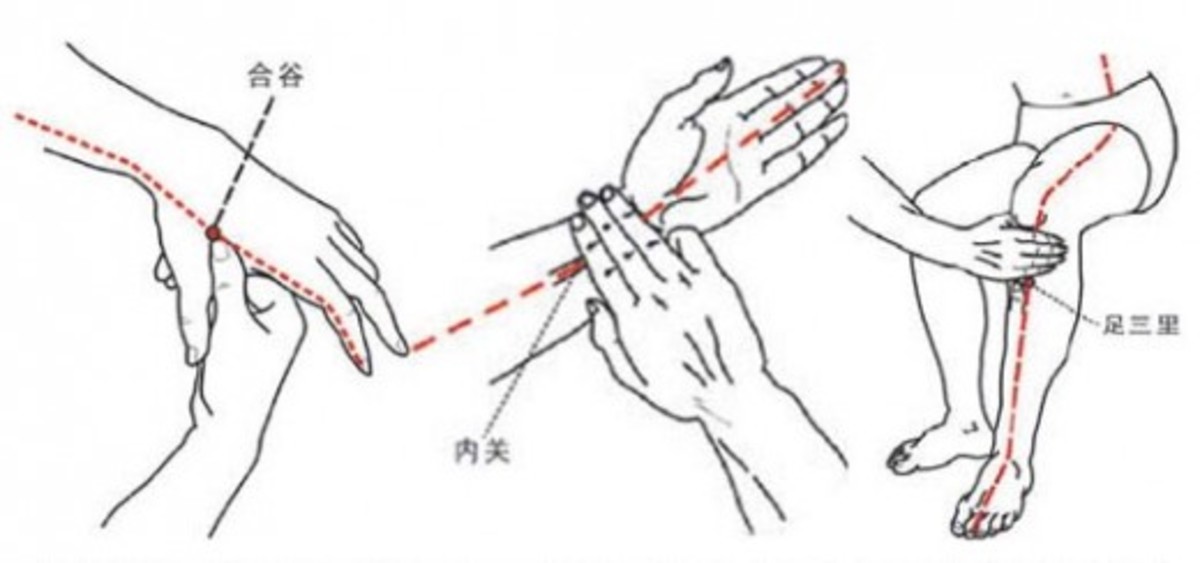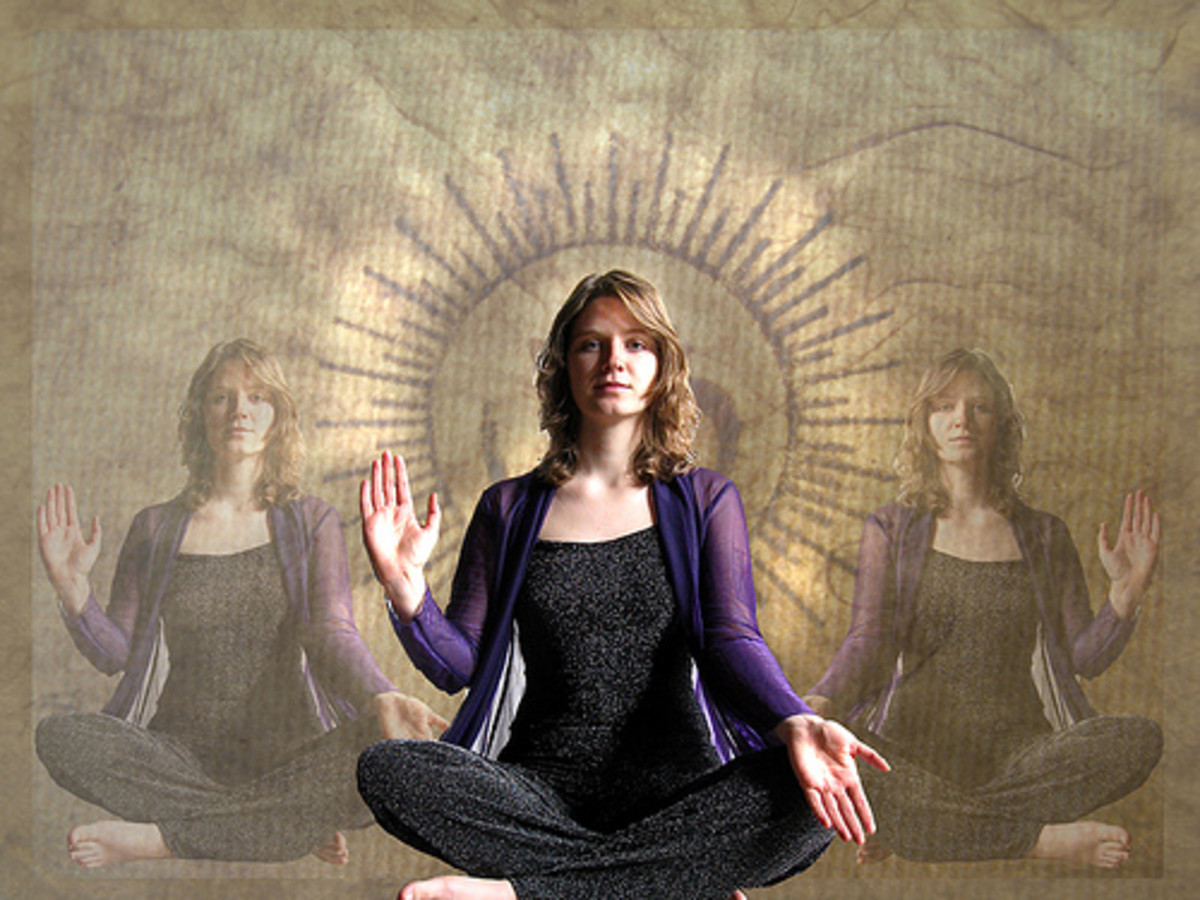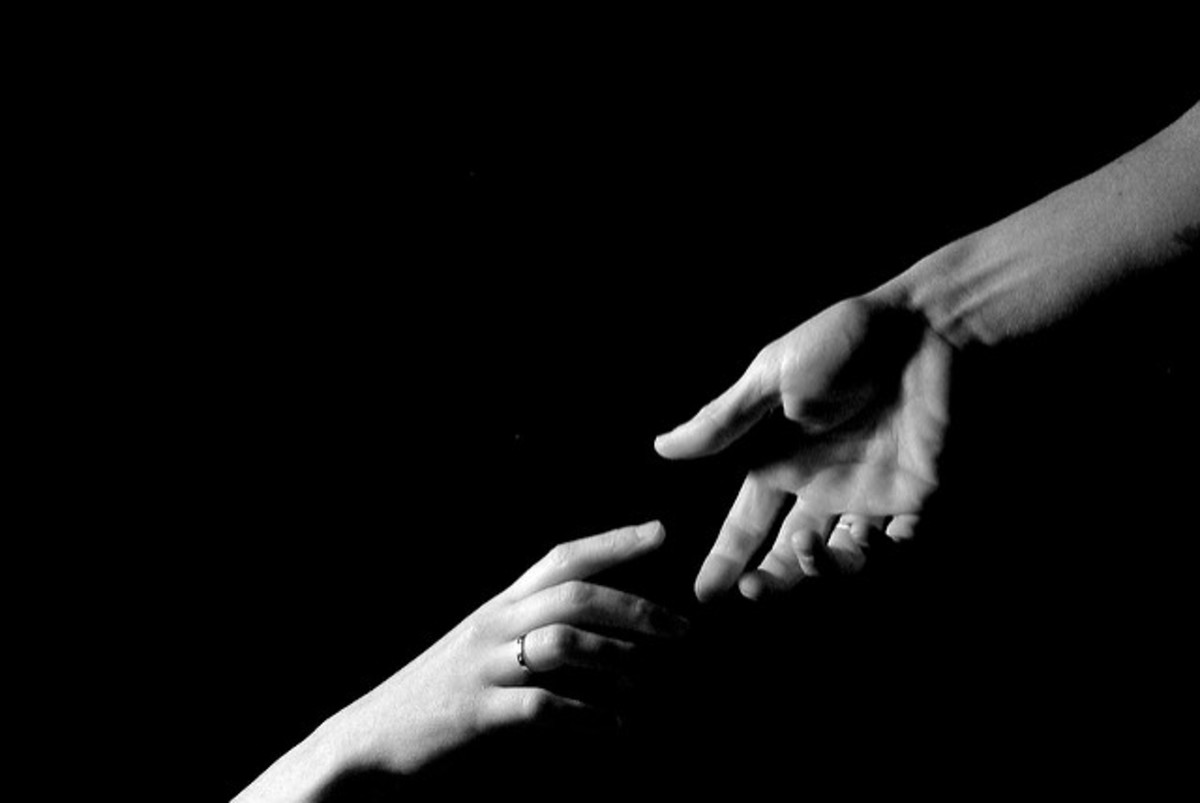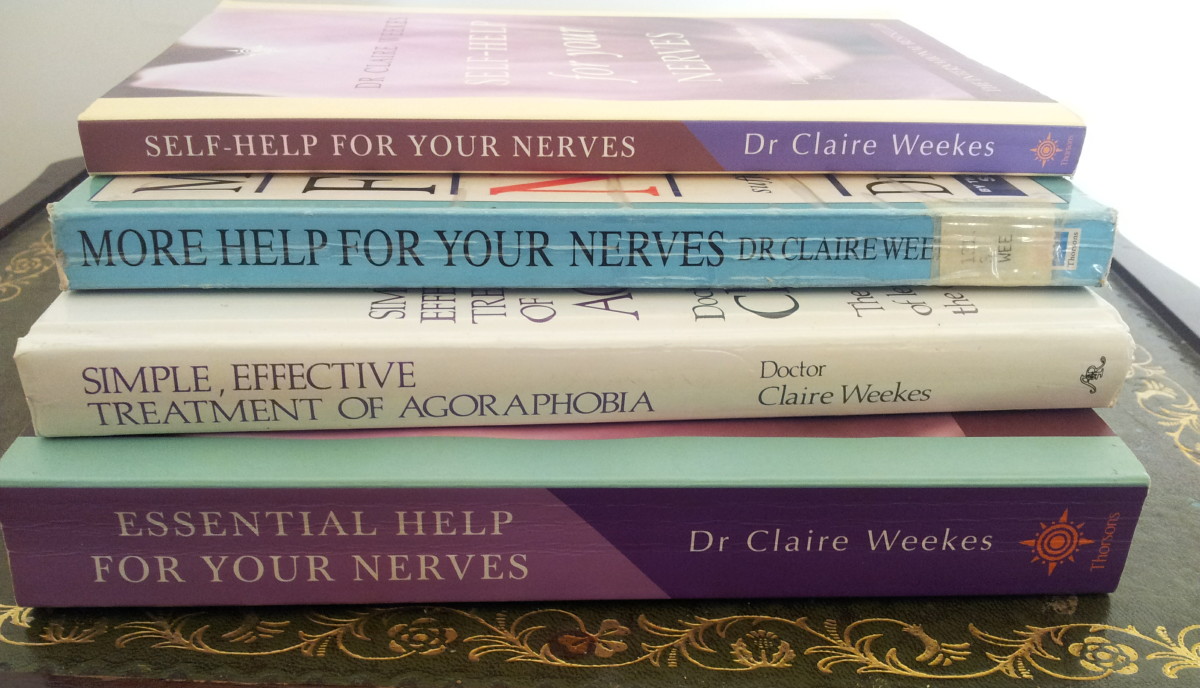Three Tips to Reduce Anxiety
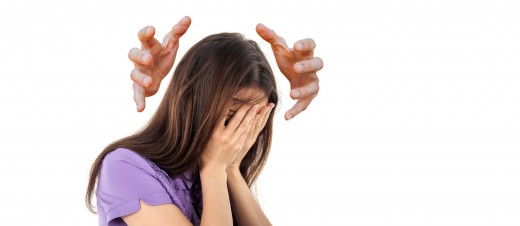
Anxiety attacks are more than just emotional. The physical aspects of a panic attack--heart palpitations, shortness of breath, chest pains, and sweating--can be so severe and overwhelming, it can cause you to believe you're having a heart attack.
But even though an anxiety attack can make you feel like the world is crashing down around you, it's important to remember--no matter how hard it is to do so--that there are ways to reduce anxiety. Here are a few ideas to stop a panic attack or to simply reduce the symptoms of anxiety.
Take Slow, Deep Breaths
The first step to stopping an anxiety attack is remembering to breathe. When you're anxious, you may not realize that they're taking short, shallow breaths, which will trigger the stress response and cause even more anxiety. So, it's very important to control your breathing if you want to keep anxiety under control.
At the first signs of a panic attack, you should remember to inhale deeply through your nose, and then exhale slowly through the mouth. When doing so, be sure that the stomach expands when you inhale and contracts when you exhale. This deep breathing exercise is called abdominal breathing, and it sends signals to the brain that everything is safe, thereby activating the parasympathetic nervous system ("rest and digest") and reducing the physical symptoms of anxiety.
Avoid Alcohol
Have you ever grabbed a beer or poured a glass of wine to numb those overwhelming feelings of anxiety? It makes sense; people commonly use alcohol to wind down after a stressful day or as a social lubricant when they're feeling nervous at parties. Alcohol can be relaxing, so it must be a good solution for combating those uncomfortable feelings--right?
Actually, wrong. While you may initially feel more relaxed after a drink, you might notice your anxiety getting worse once the effects of alcohol wears off. That's because alcohol changes the serotonin levels in the brain, which can make anxiety symptoms worse.
Also, it's possible to become mentally and physically dependent on alcohol as a quick "fix" for anxiety, which can lead to substance abuse and addiction. With that being said, it's best to leave alcohol on the shelf, and consider more effective ways of coping with anxiety.
Practice Muscles Relaxation Techniques
You've probably noticed that your muscles tense up when you're anxious. This is part of the body's flight-or-fight response, in which the body is gearing up for a real or imagined life-or-death situation.
Fortunately, there is a way to reverse muscle tension and reclaim the body during an anxiety attack. Like abdominal breathing, Progressive Muscle Relaxation (PMR) works by signaling the brain to calm down, which in turn causes the body to relax and the heart rate to decrease. Additionally, PMR also helps an anxious person become more aware of their body, and helps them to understand what a relaxed and tense body feels like.
You can practice PMR during a time when you're relaxed in order to be prepared for when you experience another anxiety episode. When you're comfortable, start with abdominal breathing exercises. After repeating this several times, start by tightening and releasing the muscles in your feet. Become aware of how the feet and toes feel like when you contract and relax the muscles. Then, work your way up by tightening and releasing the muscles in your legs, knees, thighs, hips, abdomen, chests, arms, shoulders, neck and face. Repeat this exercise in places that are particularly tense. Finally, end the session with more abdominal breathing exercises. By the end of exercise, you should notice less anxiety and tension relief.
Anxiety and anxiety attacks can be an overwhelming experience--but it's not the end of the world (even if your body is telling you otherwise) and you don't have to suffer alone. Remember that it's okay to seek treatment or therapy for anxiety, and that you have more control of the situation than you think.

